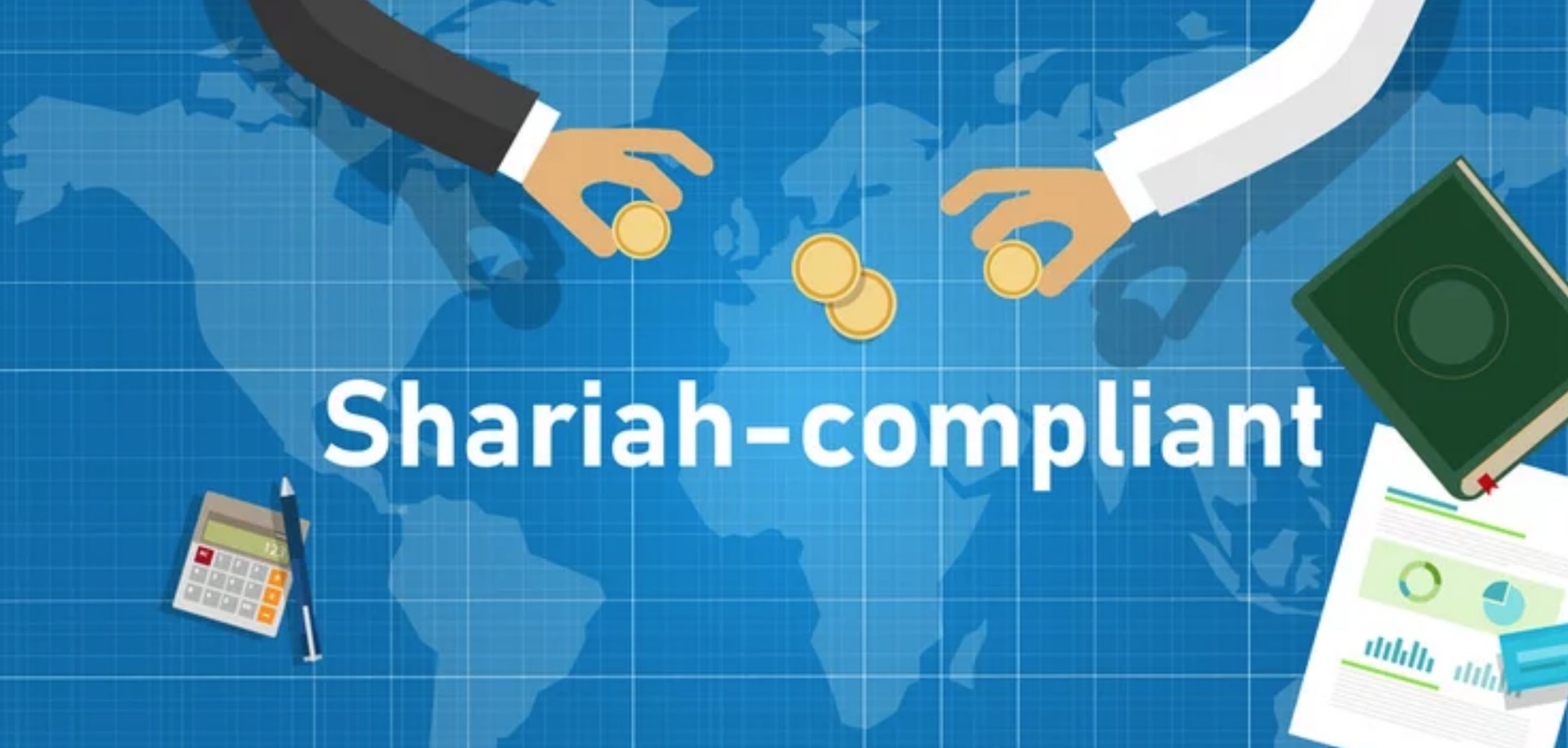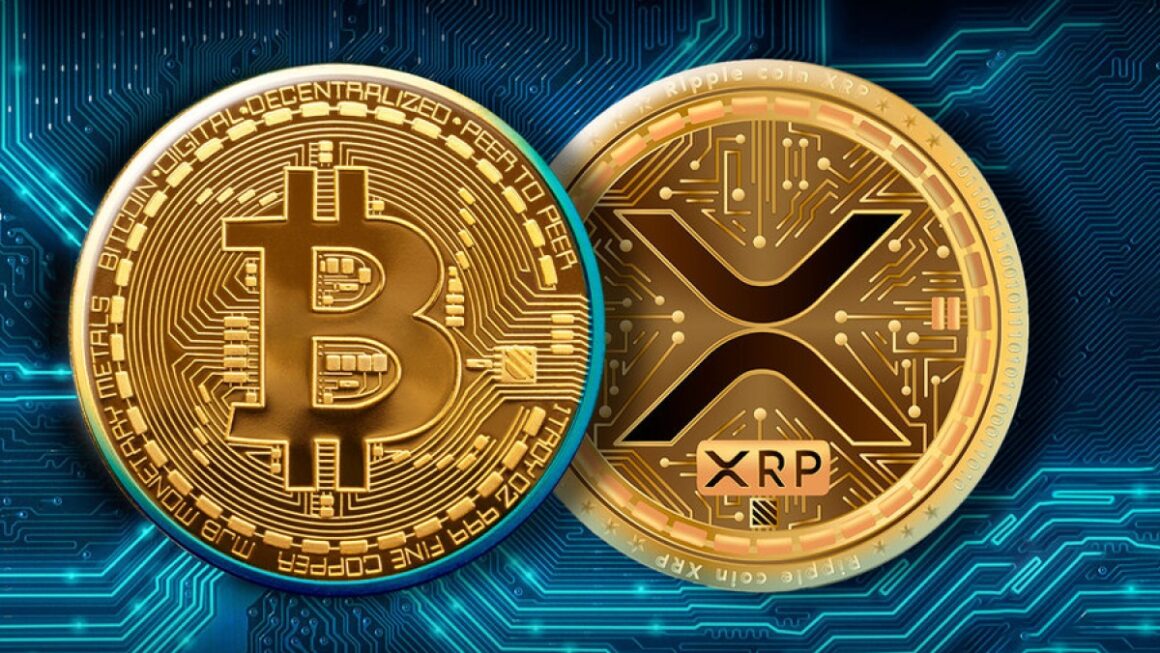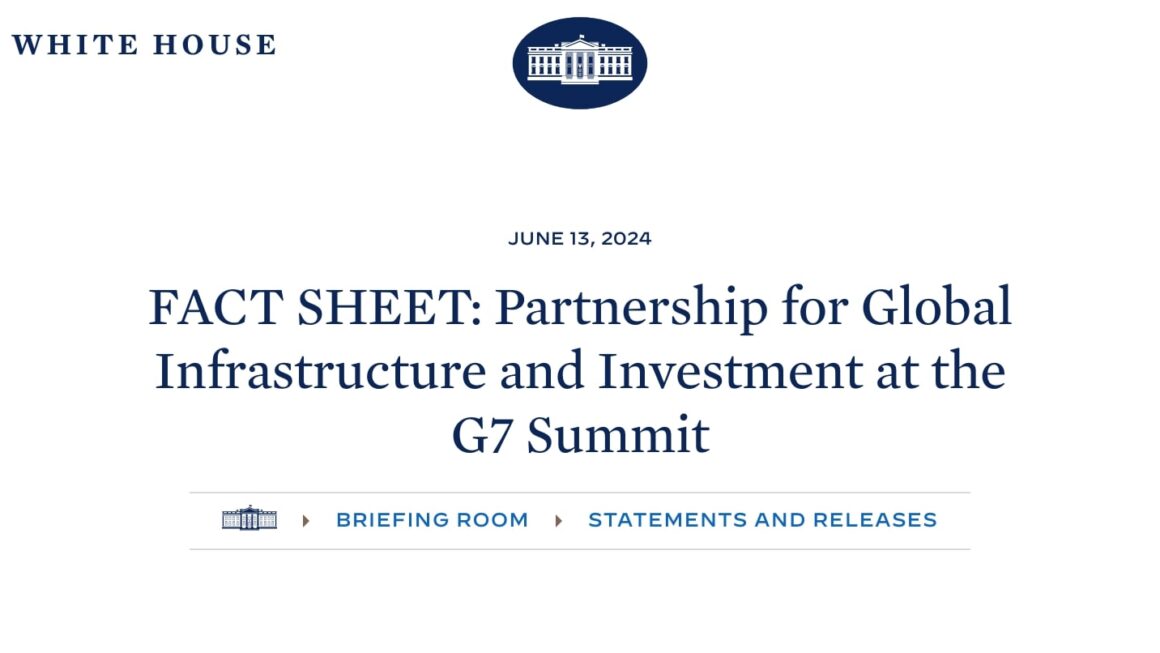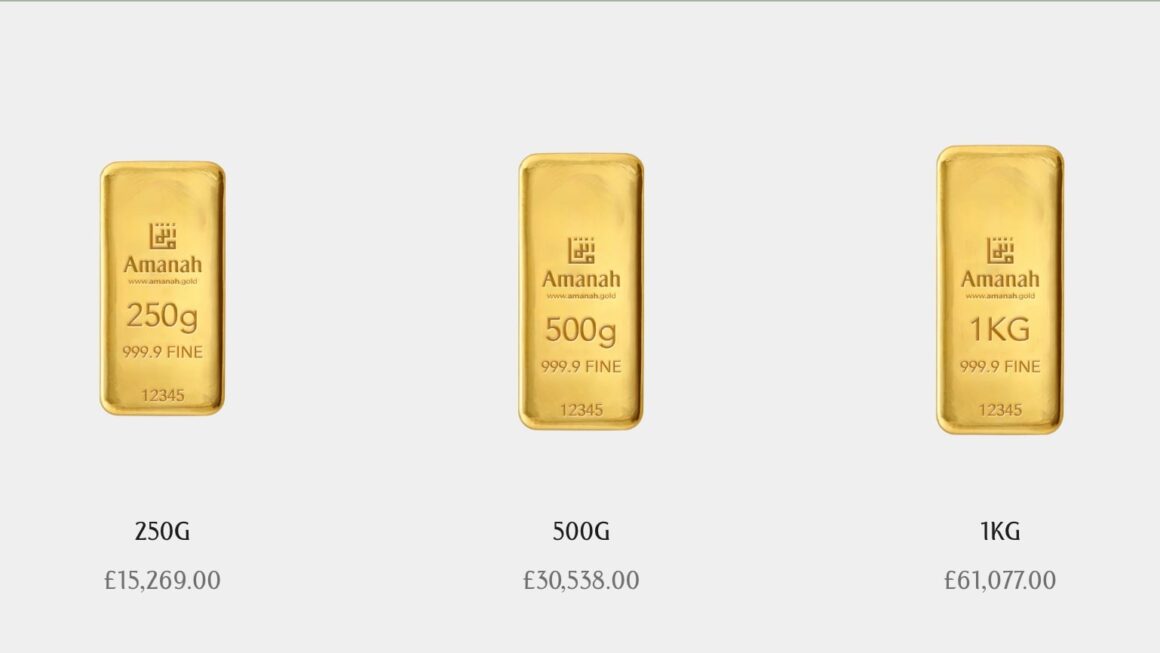In recent years, the global halal market has witnessed remarkable growth and is projected to reach a staggering worth of USD 9.71 trillion by 2025. As the demand for halal products continues to rise, it becomes increasingly crucial for businesses to understand the significance of halal certification and its impact on the industry. In this article, we delve into the vast potential of the halal market and explore the emergence of innovative technologies like IMC technology and Blockchain QR code hologram in ensuring halal and shariah compliance.
Understanding the Halal Market Landscape
Asia, with its diverse population and strong religious beliefs, stands as the largest market for halal products. The region boasts a rich cultural heritage, with countries such as Indonesia, Malaysia, and Pakistan playing a pivotal role in driving the growth of the halal market. Furthermore, the Middle East, Africa, and Europe are also witnessing an upsurge in demand for halal goods and services.
The halal market encompasses a wide range of sectors, including food and beverages, pharmaceuticals, cosmetics, travel, and finance. With an increasing number of consumers seeking halal-certified options, businesses have an unprecedented opportunity to tap into this lucrative market. However, capitalising on this potential requires not only offering halal products but also obtaining credible halal certification.

The Importance of Halal Certification
Halal certification serves as a crucial trust-building mechanism for consumers. It provides assurance that products and services adhere to the stringent requirements set forth by Islamic principles. Halal certification guarantees that the entire supply chain, from sourcing to production and distribution, aligns with halal standards, ensuring the sanctity and purity of the final product.
In this digital age, where transparency and accountability are paramount, innovative technologies like IMC technology and Blockchain QR code hologram have emerged as game-changers in the halal certification process.
IMC Technology: Transforming Halal Certification
IMC technology, Islamic Monetary Council’s; Integrated Mobile Certification technology, revolutionises the halal certification landscape by streamlining the certification process. With IMC technology, businesses can achieve faster and more efficient halal certification, reducing the time and resources required for traditional certification methods.
IMC technology leverages cutting-edge features such as digital documentation, automated audits, and real-time verification, enabling businesses to navigate the certification process seamlessly. This technology not only expedites certification but also ensures greater accuracy, minimising the risk of human error and fraudulent practices.
Blockchain QR Code Hologram: Enhancing Trust and Transparency
The integration of Blockchain QR code hologram further reinforces the credibility of halal certification. Blockchain, a decentralised and tamper-proof digital ledger, provides an immutable record of every transaction and process involved in halal certification. By incorporating a unique QR code hologram on halal-certified products, consumers can effortlessly verify the authenticity and integrity of the product’s halal status.
The Blockchain QR code hologram acts as a digital passport, capturing vital information about the product’s halal journey. From the source of ingredients to the manufacturing process and distribution channels, consumers can access comprehensive details by scanning the QR code, thus fostering trust and transparency.
Harnessing the Future Potential
As the halal market continues to expand, businesses that embrace halal certification and innovative technologies like IMC technology and Blockchain QR code hologram gain a competitive edge. With a robust certification framework in place, companies can tap into the vast consumer base seeking halal products globally, unlocking new opportunities for growth and market dominance.
By obtaining halal certification, businesses not only cater to the needs of the Muslim population but also appeal to a wider audience that values ethical and sustainable consumption. Halal certification signifies a commitment to quality, integrity, and social responsibility, resonating with consumers who prioritise these factors in their purchasing decisions.
Moreover, halal certification opens doors to international trade and export opportunities. With the global halal market gaining momentum, countries with strong halal certification standards become key players in facilitating cross-border trade. By aligning their products and services with halal requirements, businesses can tap into new markets, forge partnerships with global distributors, and elevate their brand presence on a global scale.
In addition to driving economic growth, halal certification contributes to social cohesion and cultural diversity. It promotes inclusivity by ensuring that individuals from various religious backgrounds can access products that meet their religious and ethical beliefs. The halal market serves as a melting pot of cultures, encouraging intercultural dialogue and fostering a sense of unity among diverse communities.
To maximise the benefits of halal certification, businesses must prioritise continuous improvement and stay abreast of the latest industry developments. They should invest in research and development to innovate and offer a wider range of halal products and services. By leveraging consumer insights and market trends, businesses can cater to evolving preferences and maintain a competitive edge.
Furthermore, collaborations between halal certification bodies, industry experts, and regulatory authorities are crucial in setting consistent standards and guidelines. This ensures uniformity in halal certification processes across different regions and instills confidence in consumers and businesses alike. It also enables the industry to address emerging challenges effectively, such as technological advancements, supply chain complexities, and evolving consumer expectations.
In conclusion, the global halal market is poised for exceptional growth, with Asia leading the way as the largest market for halal products. Halal certification, supported by technologies like IMC technology and our Blockchain QR code hologram, plays a pivotal role in ensuring compliance with halal standards and building consumer trust. Businesses that embrace halal certification and leverage innovative technologies have the opportunity to capture a significant market share, expand their global reach, and contribute to a more inclusive and sustainable economy.














